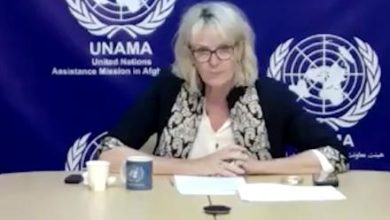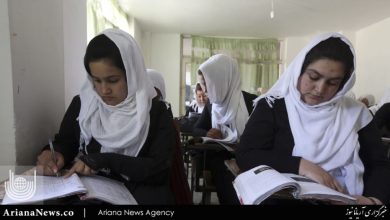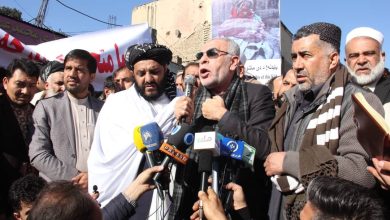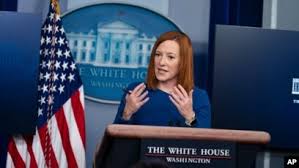Reporters Without Borders Said in a New Report on Friday (February, 4) that Threats, Summonses and Detentions of Journalists Had Increased Over the Past Two Months.

In a report released on Friday (February, 4), the organization expressed concern about the situation of journalists and the media in Afghanistan.
Reporters Without Borders reports an increase in threats from the Taliban and the Ministry of Intelligence and the Ministry of Foreign Affairs against journalists. The organization says the Taliban have arrested 50 journalists since taking control.
Referring to the arrest of two Ariana News reporters in (January, 31) by the Taliban, the organization said that a large number of journalists in Afghanistan had been threatened, summoned and detained by the Taliban in the past two months.
The organization added that at least 50 arrests of journalists and media workers by fighters and Taliban intelligence had been recorded since the Taliban took power on August, 15 this year.
According to the organization, the number of detainees was sometimes violent, including the number of female journalists covering short-lived protests in Kabul, which was short-lived.
At the same time, the organization emphasizes that the Taliban’s intelligence service has a long history of interfering in freedom of expression and the media in Afghanistan.
Parviz Aminzada, spokesman for the Free Journalists’ Association
The International Federation of Journalists (IFJ) recently said in a statement that 318 media outlets in Afghanistan had been shut down since the Taliban took control. The federation quoted the National Union of Journalists as saying that of the 5,096 journalists who worked before the Taliban came to power.
Faiza said: “If the situation continues like this, Afghan journalists will be forced to leave their jobs, a reporter on the problems facing the media community.”
Faiza, who worked for a state-run media outlet but was not allowed to continue working with the Taliban, said the Taliban should make information available to female journalists.
But Islamic Emirate officials deny the findings of Reporters Without Borders.
Meanwhile, Bilal Karimi, the deputy spokesman for the Islamic Emirate, said: “A number of journalists and journalists who have been arrested and interrogated have never been named as journalists, as they were members of the media.”
In addition, the Islamic Emirate has announced that it will soon establish a commission to prevent interference in the work of journalists and the media




